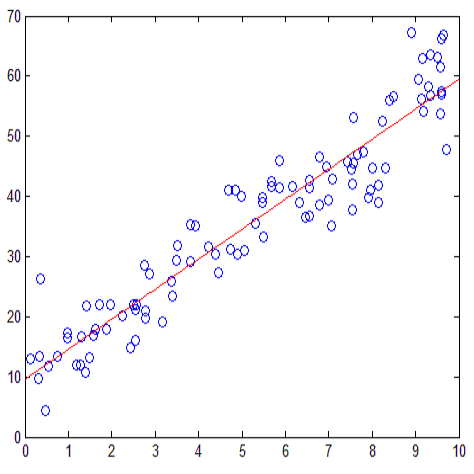The science of cause and effect is extremely sophisticated and extremely hard to scale. Using a controlled experiment, scientists get rich insights by analyzing global effects, effects in different segments, and trends in effects over time. They use propensity scores to project external validity. To support the analysis of relative effects, scientists derive challenging ratio distributions. While the analytical capabilities in experimentation are advancing, we require new innovation within engineering and computational causal inference to enable an experimentation platform to make analyses performant and scalable. Of significant importance: we must unify the computing strategy for these models so that they can be consistently applied across experiments. In doing so, the industry can make significant progress towards developing a flywheel that unifies and accelerates the evaluation and roll out of experiments. In order to support unified computation, this paper introduces baseline vectors and delta vectors as common structure for estimating treatment effects. This common structure allows many statistics to be subsumed into a single API. The nature of its algebraic formulation allows linear algebra libraries to vectorize and optimize its performance, creating a single and efficient tool to support the many innovations in experimentation.
翻译:暂无翻译



